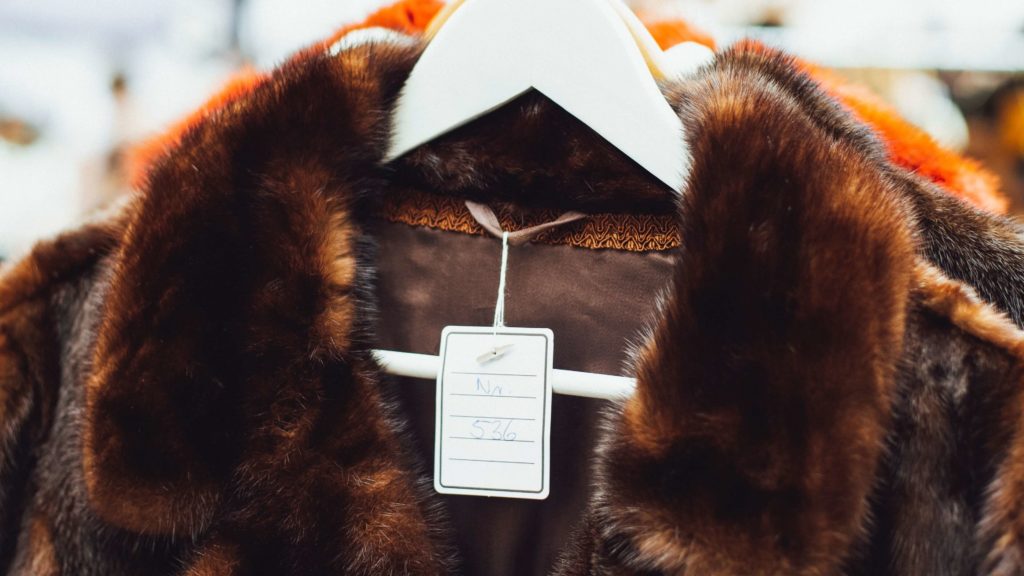Following California’s landmark ban on the sale of fur in the state less than two weeks ago, retail giant Macys, Inc. announced that it will stop selling fur by the end of 2020. With more than 680 stores and more than 190 outlets in the U.S., it’s the biggest American retail chain to announce a fur ban.
“Over the past two years, we have been closely following consumer and brand trends, listening to our customers and researching alternatives to fur,” Jeff Gennette, chairman and chief executive officer of Macy’s, Inc. said in a press release. “We’ve listened to our colleagues, including direct feedback from our Go Green Employee Resource Group, and we have met regularly on this topic with the Humane Society of the United States and other NGOs. Macy’s private brands are already fur-free so expanding this practice across all Macy’s, Inc. is the natural next step,” Gennette said.
Once known for its high-priced mink coats, the company, which also owns luxury department store Bloomingdale’s, says it will shut down its Fur Vaults and salons that have long offered fur storage and repairs.
The decision comes after years of protests from animal rights groups including People for the Ethical Treatment of Animals (PETA) and the Humane Society of the United States (HSUS). Macy’s announced the move was in a partnership with HSUS.
“We are proud to partner with the Humane Society of the United States in our commitment to ending the sale of fur,” Gennette said. “We remain committed to providing great fashion and value to our customers, and we will continue to offer high-quality and fashionable faux fur alternatives.”

‘A Changing Tide’
Kitty Block, president and CEO of HSUS, applauded the move.
“This announcement is consistent with the views of countless consumers in the marketplace, and other retailers should follow,” Block says the fur industry is responsible for more than 100 million animal deaths a year. “With so many designers, major cities and now a state taking a stand against the sale of fur, we’re that much closer to ending this unnecessary and inhumane practice.”
The ban doesn’t include materials considered byproducts of other animal industries. Materials such as “shearling,” “sheepskin,” “calf hair” and “cowhide” may still be sold in the stores. But the move points to the end of an era as major fashion houses including Versace, Gucci, Prada, and Chanel have all banned fur from their lines.
“It’s just a changing tide,” P.J. Smith, director of fashion policy at HSUS told The New York Times. “Consumers care about animal welfare more and more, and the idea of luxury is changing, where it’s more about who’s the most socially responsible and the most innovative.”
“Now that so many brands that are sold at Macy’s and Bloomingdale’s are going fur-free, it’s becoming easier for these stores,” he said. “It’s a really good opportunity for them to reach that younger generation of consumers that are going to have the buying power in the very near future.”


